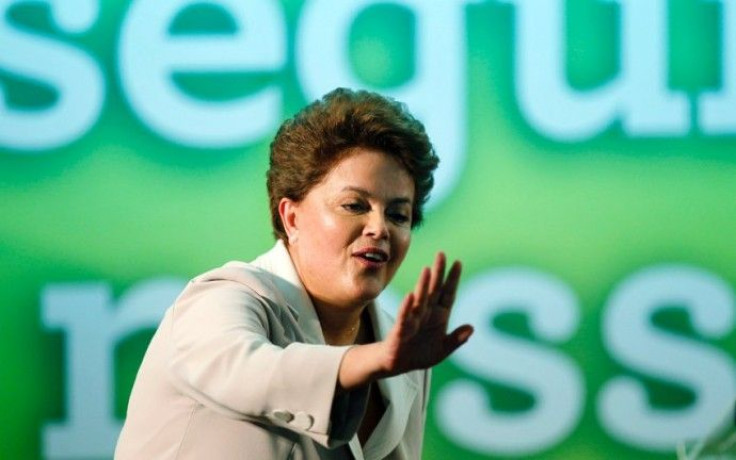Why should Brazil side with US in fighting undervalued Chinese currency?

The change of guard in Brasilia at the turn of the new decade could also mark a shift in Brazil’s long-entrenched policy to go with China on monetary policy issues.
As the emerging economy is grappling with an overvalued currency and facing down rising competition from Chinese exports, the administration could now take aim at the undervalued Chinese yuan, effectively withdrawing support to the monetary policy of its mighty Asian ally.
The Wall Street Journal reported on Tuesday that Brazil's new President Dilma Rousseff could put the weakness of the Chinese currency on the agenda during her trip to Beijing scheduled for April.
The Journal quoted Brazil's new trade minister Fernando Pimentel as saying that currency imbalances and trade protectionism are a concern not just for Brazil but all emerging markets and that the President could put the issue on agenda when she travels to China.
MOST OVERVALUED CURRENCY
Goldman Sachs has rated Brazilian real as the most overvalued currency in the world - a label that suits ill for an export-oriented economy. The real appreciated close to five percent in 2010 against the dollar, following on its spectacular 34 percent surge against the greenback in 2009.
The unseemly strength of real hit domestic exporters as they could not compete effectively against cheaper Chinese goods.
Consequently Brasilia unveiled a slew of measures to contain the impact of the exchange rate imbalance on exports. It adopted measures including interventions in the currency market, and Pimentel suggested more measures could follow.
An exchange rate at this level harms domestic production. And so we need to be careful to find paths without changing the floating exchange rate model we've adopted, he said. He added that the government will not stay passive if the currency threatened to hurt exports.
CLOSE ALLIANCE WITH CHINA ON CURRENCY
Though Brazil has occasionally sided with the U.S. in its criticism of the Chinese monetary policy, Brazil has largely been on the Chinese side when it comes to international monetary policy disputes. It specifically criticized the U.S. monetary policy recently and joined China in saying that the Federal Reserve's fresh round of quantitative easing will damage emerging market economies.
At the G-20 summit Brazil was seen supporting the Chinese stance when the U.S. was desperately looking for allies to push through its proposal on putting a cap on current account balances.
However, this could change and Brazil could veer towards the American stand that the artificial undervaluation of the Chinese currency is the cause of global trade imbalances.
Brazil's recent decision to raise import duties on toys from China could well be pointer to the subtle realignment of its view of Beijing's monetary policies.
© Copyright IBTimes 2024. All rights reserved.











